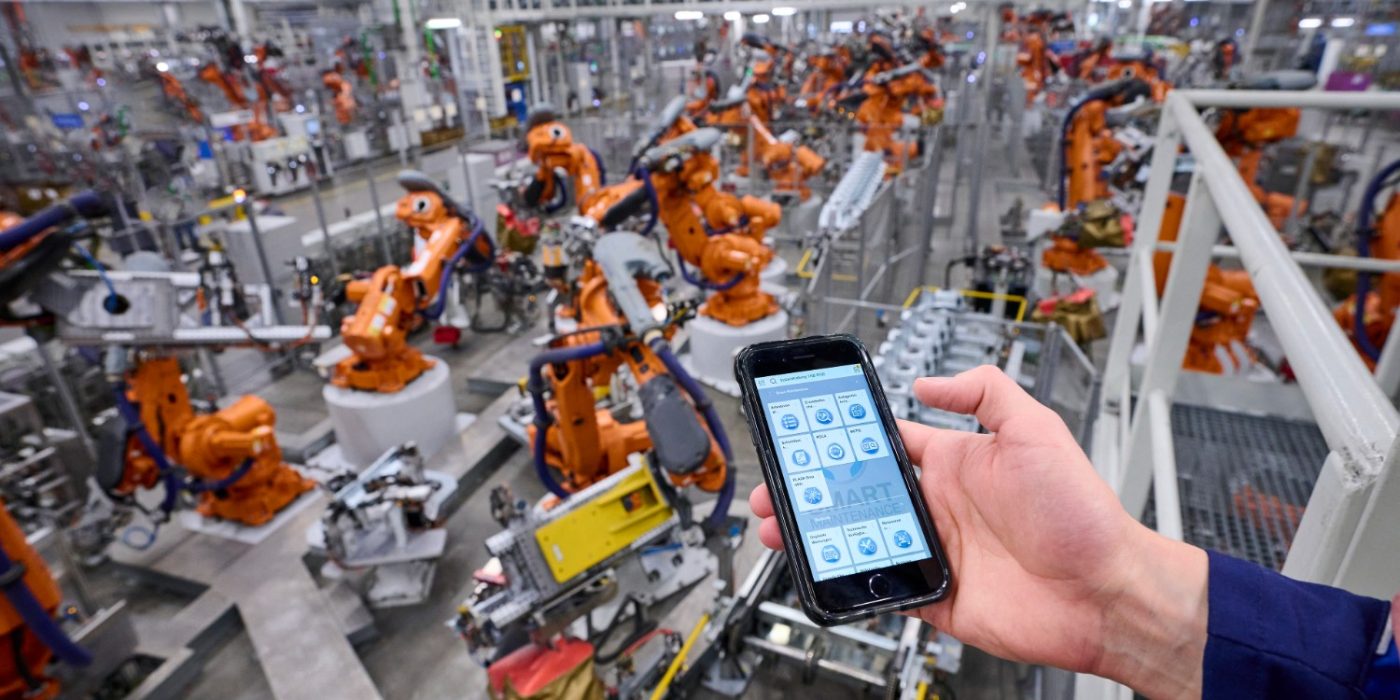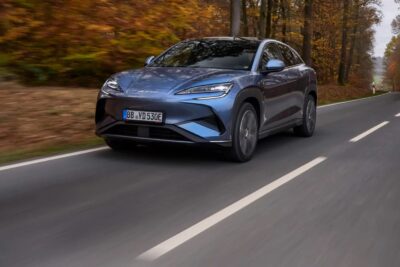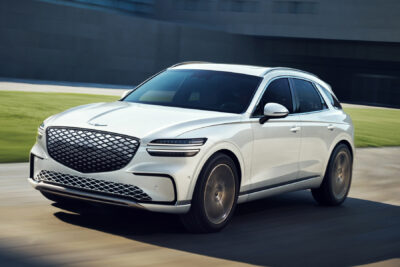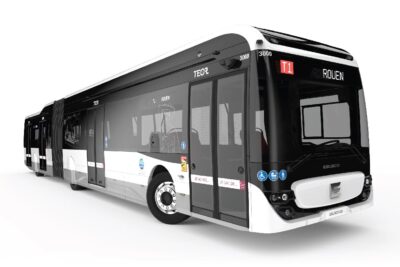BMW reveals their new ‘iFactory’ strategy
With a new plant in Debrecen, Hungary, where the all-electric New Class will roll off the production line from 2025, BMW wants to build the world’s first car plant that completely dispenses with the use of fossil fuels in its production processes. This is only one component of the new ‘iFactory’ production strategy.
The production strategy, which BMW also calls “the master plan for the production of the future”, will first be applied in its entirety in Debrecen with the New Class, but is to be implemented at all BMW plants in the future. “The BMW iFACTORY is not a one-off showpiece but an approach we will implement at all our plants in the future – from our 100-year-old home plant in Munich to our forthcoming plant in Debrecen, Hungary,” says the BMW AG Board Member for Production, Milan Nedeljković.
The new production strategy is justified, among other things, by the transformation towards electromobility. “Automotive manufacturing of the future requires a new, holistic way of thinking,” says Nedeljković. As a strategic goal, BMW has adopted the slogan “Lean. Green. Digital.” BMW states that they chose “Lean” because means efficient, precise and highly flexible production, which is the basis for the strategy.
As before, the Munich-based company particularly emphasised flexibility. In Debrecen, the strategy is indeed applied to the production of vehicles based on the electric vehicle platform. But since BMW has not yet set an end date for the combustion engine, there will be mixed production of different drive types in other plants. “Flexibility remains the key competitive advantage of BMW Group production, now and in the future,” the statement said. “The company’s production structures are so flexible that a single production line can produce different drive types and vehicle models. They also set the standard in terms of rapid responsiveness and adaptability, absorbing supply bottlenecks and shortages comparatively spontaneously and reacting quickly to fluctuations in demand.”
Under the “Green” keyword, BMW wants to avoid consumption, conserve resources and use state-of-the-art technologies to make production more sustainable and greener as well. “Environmental, economic and social responsibility are inseparable, and we strive to achieve all three not only in the product itself but along the entire value chain,” says the Board Member for Production. “By 2030 we aim to reduce CO2 emissions from production by 80 per cent compared to 2019.”
For Debrecen, this means that a “significant proportion” of the electricity required is to be produced directly on the factory premises, while the rest is to be sourced entirely from renewable energy sources – with the latter to come “predominantly” from regional sources. “Our contribution to the energy transition makes not only environmental but also business sense because our approach ensures stable prices and secure supplies,” says Nedeljković.
Other measures: The waste heat from cooling flows into a circuit and can then heat rooms and warm water. In addition, production material and other resources are to be reused whenever possible – for example metal chips from production.
The final buzzword “digital” is also clear: all relevant product, process, quality and cost data between development, planning and production processes are networked. In addition, all production sites are completely recorded by 3D scan to create a digital image – according to BMW, this saves time and effort in production planning. Once the digital twin is in place, there are further advantages – especially when it comes to cooperation in the production network on a global scale.
Of course, all this also has consequences for the employees: BMW says it is investing massively in the restructuring of competencies in the areas of quality, logistics, maintenance, E/E, e-mobility and digital planning. Accordingly, more than 50,000 BMW Group employees have already qualified themselves for use in electromobility.





0 Comments